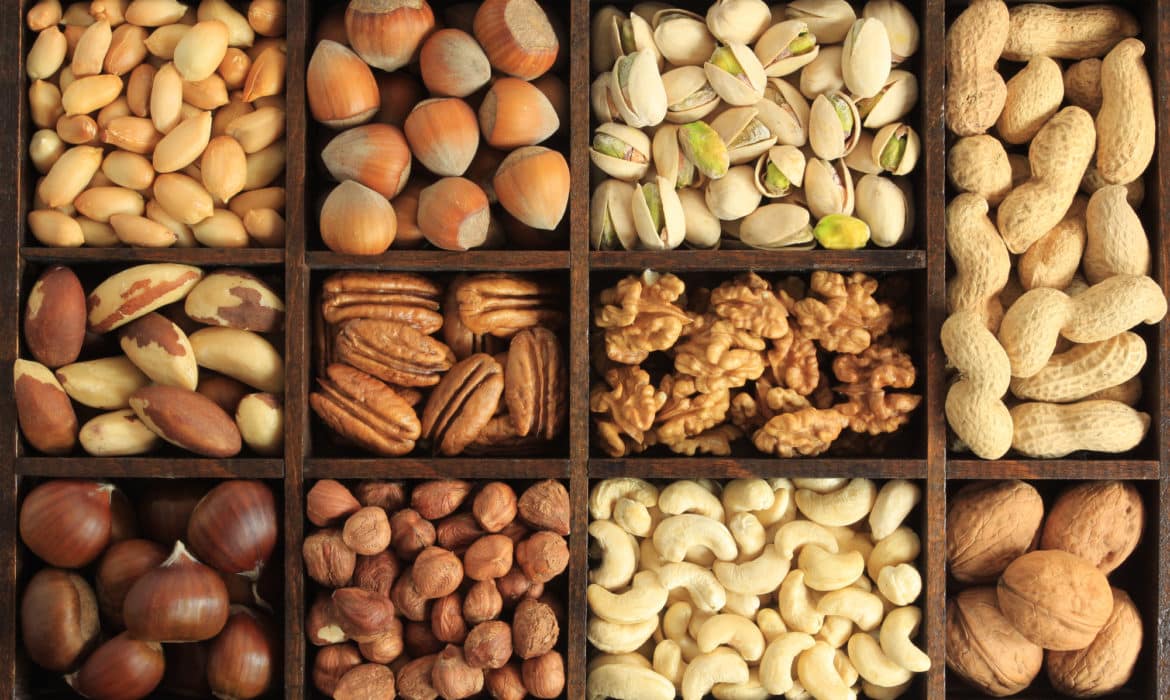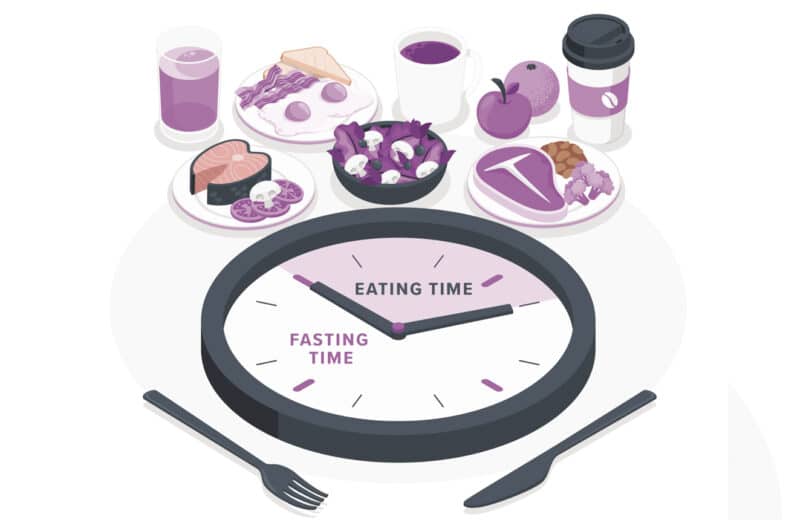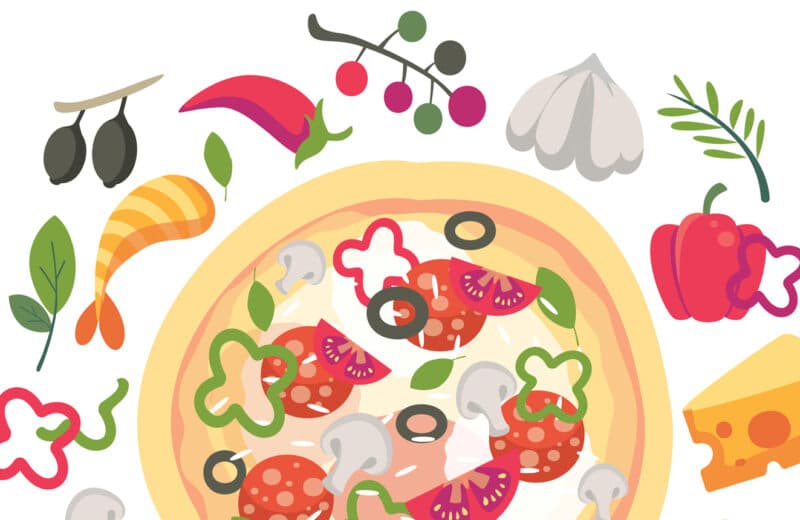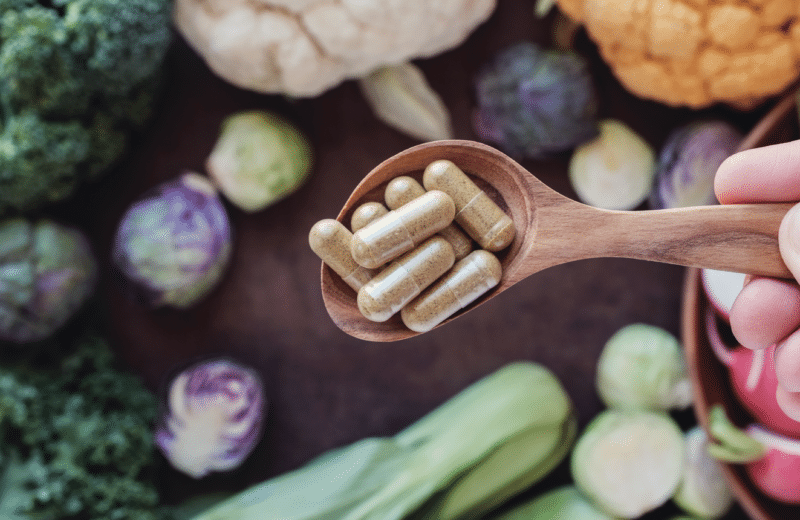If you’re trying to eat a heart-friendly diet and avoid putting on weight, which snack makes more sense: a cup of pretzels or quarter-cup of mixed nuts? For about the same number of calories (between 160 and 170), the pretzels provide just over 1 gram of fat, while the peanuts have 14 grams of fat.
If you’ve been paying attention to recent nutrition research, however, you know that even with that high fat content, nuts are the smarter choice. It’s not just about following a low-fat diet, which might drive people to eat things like pretzels, low-fat chips, and fat-free cookies. Sure, they’re low in fat. But snacks made from refined carbohydrates are also scarce in the nutrients and related benefits that nuts provide.
“Nuts are a good source of protein, healthy unsaturated fats, and fiber, and they fill you up,” says Eric Rimm, professor of epidemiology and nutrition at the T.H. Chan Harvard School of Public Health. That may explain why frequent nut eaters are less likely to gain weight, as several studies have shown. Eat a handful of nuts either before or with a meal, and you’ll have more satiety, or a sense of feeling full, explains Rimm.
“For people who can tune in to their body’s hunger signals, nuts can delay those signals and may help you eat less over all,” Rimm says.
Nuts for a longer, healthier life
What’s more, regular nut eaters are less likely to die of any cause–particularly heart disease–than people who rarely eat nuts. Much of this evidence comes from nearly 120,000 participants in two Harvard-led investigations, the Nurses’ Health Study and the Health Professionals Follow-up Study. All answered questions about their diets at the beginning of the studies in the 1980s and then every two to four years during 30 years of follow-up.
The researchers classified the participants into six categories that ranged from never eating nuts to eating them seven or more times per week. The more often people ate nuts, the lower their risk of premature death.
While the Harvard cohorts consisted mostly of white, higher-income health professionals, another study looked at people from different geographic, racial, ethnic, and income groups.
That study found a connection between frequent nut eating and lower death rates in two subgroups. One included 135,000 adults in Shanghai, China, and the other included 72,000 mostly low-income Americans living in the southern United States, two-thirds of whom were African American.
In these types of observational studies, which track the dietary habits of large groups of people over time, scientists can’t be certain whether any noted health improvements have more to do with the participants’ lifestyles or genes rather than something in the diet. But seeing the same health benefit across diverse groups lends further credence to the findings.
Nut nutrients
Why are nuts good for your heart? Nuts are chock-full of healthy unsaturated fats, and they also contain fiber, vitamins, minerals, and other substances with possible cardioprotective effects. Research has shown that eating nuts appears to:
1. Lower artery-damaging LDL cholesterol
2. Raise beneficial HDL cholesterol
3. Lower blood pressure
4. Diminish blood pressure response to stress.
These potential health benefits seem to hold true for a variety of nuts–including peanuts, which are technically not nuts but legumes. Botanically, peanuts are closer to soybeans and lentils than to almonds and walnuts. But nutrient-wise, they’re similar to those and other tree nuts, which also include pecans, pistachios, cashews, hazelnuts, and Brazil nuts. And because peanuts are inexpensive, they’re an affordable alternative to pricier tree nuts.
A small handful of unsalted nuts makes a great snack. They’re nutrient-dense and shelf-stable, so it’s easy to tuck a little plastic bag of them in your purse or pocket. However, chefs recommend storing nuts in the refrigerator or freezer, which helps them stay fresh longer.
Here are tips for adding nuts to meals throughout the day:
1. Spread nut butter on your morning toast instead of butter or cream cheese.
2. Sprinkle chopped nuts on cereal or yogurt.
3. Toss nuts into a salad or stir-fry.
4. Top fruit or crackers with nut butter.
5. Try nut-encrusted fish or chicken, such as pecan-encrusted trout. – Harvard Heart Letter
(C) 2015. PRESIDENT AND FELLOWS OF HARVARD COLLGE. ALL RIGHTS RESERVED DISTRIBUTED BY TRIBUNE CONTENT AGENCY, LLC.












